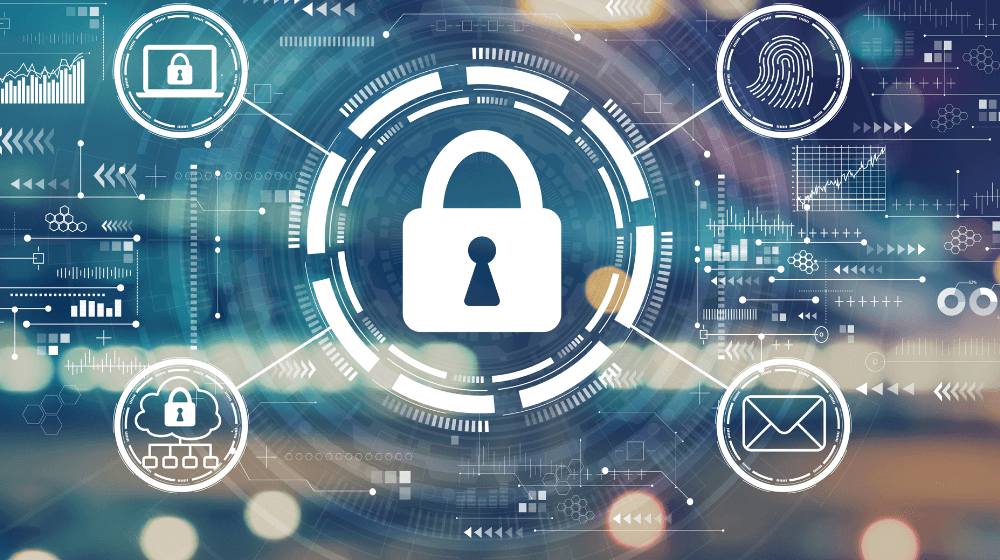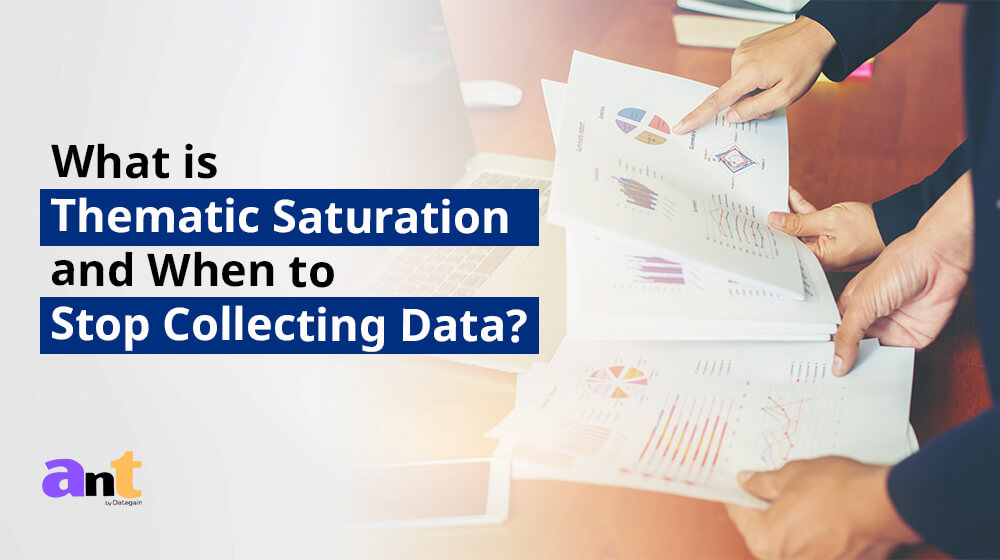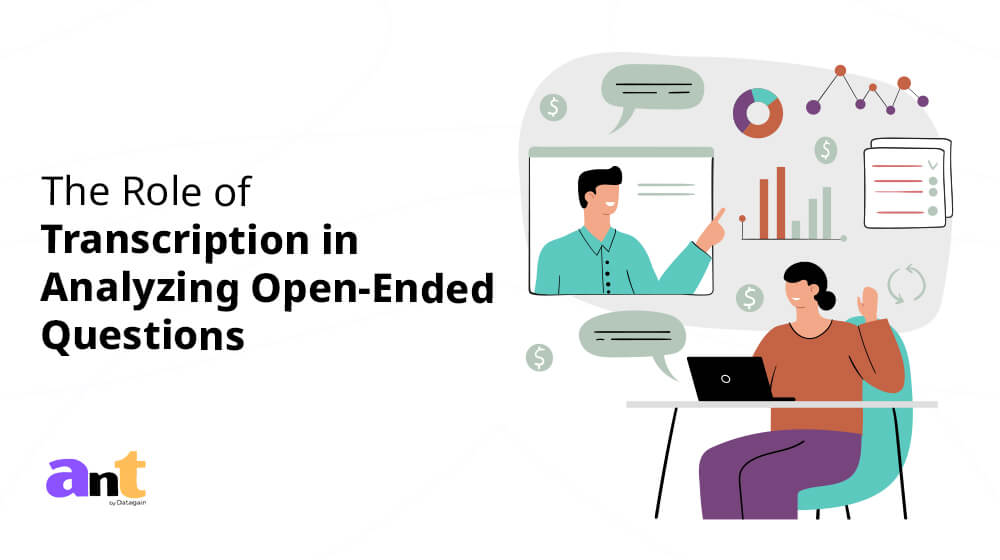Confidentiality and data security are integral parts of reliable and professional transcription services. It refers to the measures and protocols to safeguard the transcribed information’s confidentiality, privacy, and integrity.
Here’s a closer look at what confidentiality and data security entails in transcription services:
Confidentiality ensures that the information shared with a transcription service remains private and is not disclosed to unauthorized individuals or entities. It involves strict protocols to safeguard sensitive data, such as personal information, financial details, legal proceedings, or trade secrets. Its measures are:
- Secure file transfer
- Encrypted communication channels
- Non-disclosure agreements (NDAs) between the transcription service provider and the client.
Data security protects data from unauthorized access, alteration, or loss. It includes implementing technical and administrative measures to maintain data integrity throughout transcription. Its measures are:
- Secure storage systems
- Access controls.
- Encryption techniques
- Regular system audits
- Employee training on data handling and security protocols.
5 Benefits of Confidentiality and Data Security in Transcription Services
1. Protection of Sensitive Information
Confidentiality and data security in transcription services protect sensitive information shared by clients. It includes personal details, financial data, legal proceedings, medical records, or confidential information. By implementing strict protocols and security measures, transcription service providers safeguard the privacy of information, preventing unauthorized access or disclosure.
2. Client Trust and Confidence:
Confidentiality and data security measures foster trust and confidence between the transcription service provider and the client. When clients entrust their sensitive information to a transcription service, they expect it to be handled with utmost care. By prioritizing the security of client data, transcription service providers build a reputation for reliability, professionalism, and ethical practices, enhancing client trust and confidence in their services.
3. Compliance with Privacy Regulations:
Transcription services prioritizing confidentiality and data security ensure compliance with privacy regulations. It primarily includes the General Data Protection Regulation (GDPR) and the Health Insurance Portability and Accountability Act (HIPAA). By implementing appropriate measures, such as encryption, access controls, and secure storage, transcription service providers protect client data by legal requirements. Compliance avoids potential legal consequences and demonstrates a commitment to protecting privacy rights and maintaining ethical practices.
4. Mitigation of Data Breach Risks:
Confidentiality and data security measures in transcription services help mitigate the risk of data breaches. Transcription service providers implement robust security protocols to protect against unauthorized access, data theft, or cyberattacks. It includes encryption of data in transit and at rest, secure storage systems, strong access controls, regular system audits, and employee training on data handling best practices. By reducing the vulnerability of sensitive information, transcription service providers minimize the likelihood of data breaches. This way they also eliminate the associated financial, reputational, and legal repercussions.
5. Preservation of Intellectual Property:
Intellectual property protection is critical for many businesses. In transcription services, confidentiality and data security measures play a crucial part. It assists in preserving the integrity and confidentiality of intellectual property. By safeguarding transcription files, trade secrets, proprietary information, or innovative ideas, transcription service providers help prevent unauthorized disclosure or misuse of intellectual property. This protection ensures businesses can maintain competitive advantage, safeguard innovations, and avoid intellectual property disputes.
Wrap up
In transcription services, confidentiality and data security are vital in maintaining trust, complying with legal and regulatory requirements, and protecting sensitive information. They are essential to prevent unauthorized access, data breaches, identity theft, or misuse of confidential data. By establishing robust confidentiality and data security practices, transcription service providers can offer peace of mind to their clients. They can maintain their reputations, and uphold the highest standards of ethical conduct.
If confidentiality and data security are your top priorities when seeking transcription services, look no further. We understand the importance of safeguarding your sensitive information and ensuring its privacy and integrity. Our robust measures, including encryption, HIPAA-compliance, secure storage, experienced transcribers, and strict access controls, provide a trusted environment for your transcription needs. Connect with us today and experience our commitment to confidentiality and data security.

















